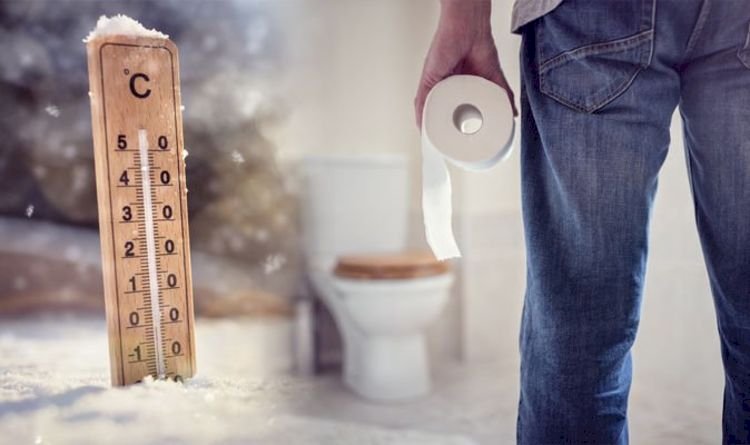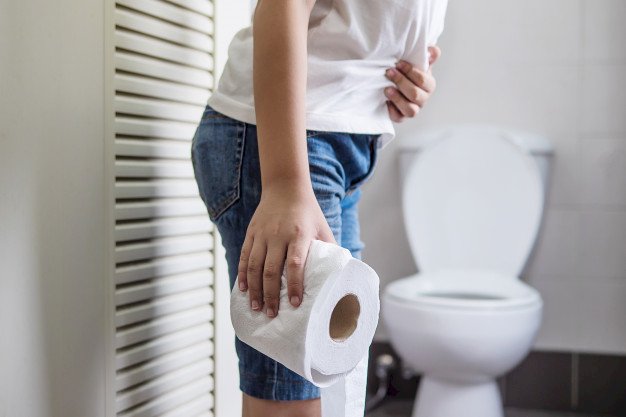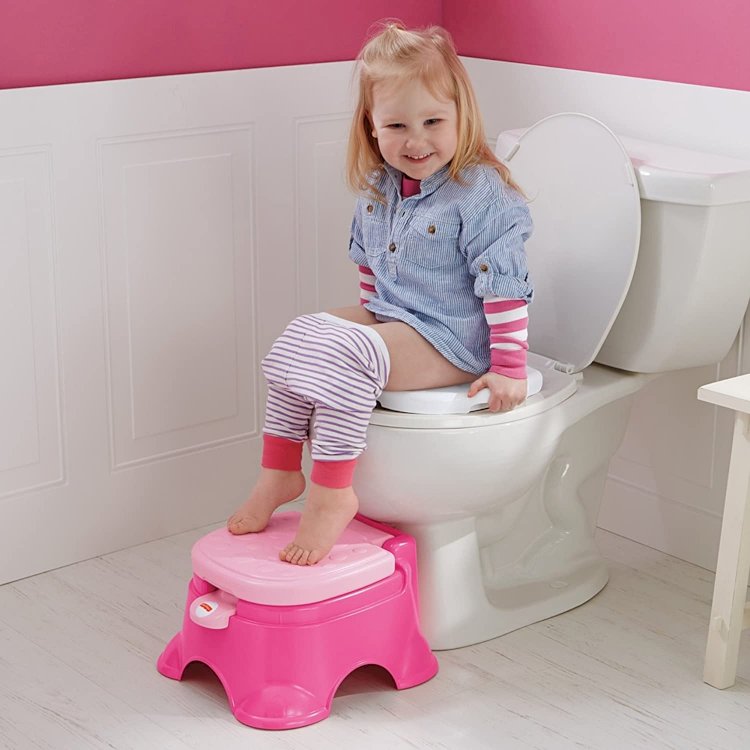People pee more in cold than in hot. Isn't it?

Is this me only or everyone who feels more urge to pee when we are in cold temperature. Have you ever noticed this?
Well, I hope it is quite normal which happens to everyone and it is quite physiological.
In this article, We (Digitrollz) find the reason for getting more pee in cold, and we want to share the same with you all.
Body and Water

Firstly, at the beginning of understanding this physiological phenomenon, the body has two main ways of excluding the fluid:
- By Sweat: Every day, the human body performs various functions that demand heat-producing energy. Also, warm weather and physical activities increase body temperature, so sweating works like a cooling system.
- By Urine: The water we ingest is absorbed by the digestive system and passes into the blood. From there, the excess fluid is captured by the kidneys and taken to the bladder to be eliminated in the form of urine.
The simplest thing is in the cold we sweat really less and which leads us to more urine generation from our body. So if there’s no sweat, the only way for the body to expel water is to urinate. Although this is true, the explanation is a bit more complicated than that and is due to the so-called cold-induced diuresis.
What is Cold Diuresis?

Cold diuresis is the body's way of preserving heat when it feels that you may be in danger of hypothermia. When your body begins to react to a drop in temperature, it starts to constrict your blood vessels to reduce blood flow to the skin and keep the warmth around your internal organs.
It’s the appearance of increased urine production when exposed to cold temperatures. You may have noticed that when it’s hot your body looks more bloated which is due to the retention of liquids. During winter, the opposite occurs: the body is contracted and doesn’t usually retain liquids.
As the temperature drops, the dilation of the body also decreases, contracts, and retains less fluid, which is why we generate more urine. The body reacts to the cold to protect itself, sending more blood to the core of the body where the organs are and decreases the flow to the extremities.

This causes the blood vessels to contract and increases the pressure (the same amount of blood in a smaller space) that is perceived by the kidneys which will now have the mission of releasing that blood pressure by eliminating the unnecessary fluids that end up turning into the urine.
In fact, cold diuresis is quite common for underwater activities such as diving, since, in addition to facing low temperatures, divers undergo a change in pressure in the environment due to depth.
When you should start worrying

Because there are many factors involved in the number of times you urinate per day, such as diet, physical activity, or fluid intake, it’s not possible to determine an exact “normal” number, but it’s estimated that a person urinates an average of 6 or 7 times a day and once at night. If you realize you go to the bathroom more than the average person, especially at night, you should consult your doctor to rule out any health problems.
In addition, there is something called urgent urination that is characterized by an indescribable urge to urinate, causing discomfort in the bladder. This may be due to a urinary tract infection, an infected or inflamed urethra, nerve problems, consumption, or even caffeine intake.

If in addition to going to the bathroom too often, you have other symptoms such as difficulty or pain when urinating, loss of bladder control, or a change in the color of your urine, consider scheduling a medical consultation.
In the case of children, you must also pay attention to the number of times they urinate a day. Although it may be normal for young children to wet the bed a few times, it may be a sign of bladder problems or slower-than-normal physical development.
Has the urge to urinate ever caused you to be uncomfortable or has it put you in a bad situation? Share it with us in the comments.

 Shweta
Shweta 















Share Your Views In Comments Below.